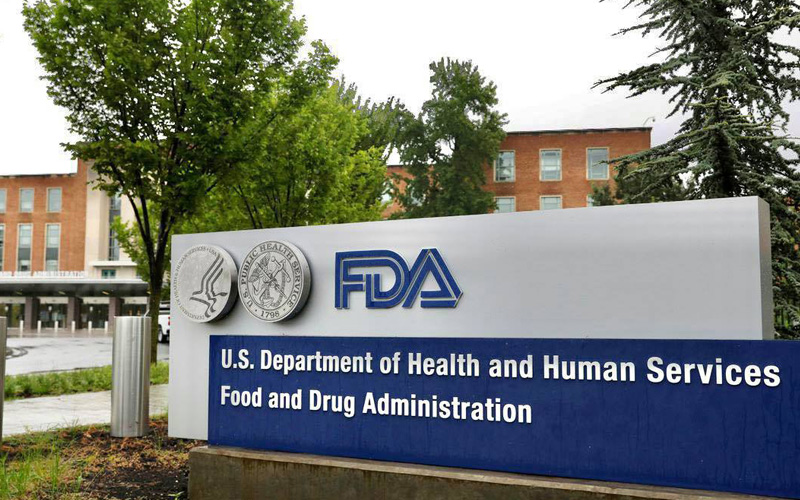The U.S. Food and Drug Administration’s recent decision to reject approval for MDMA-assisted therapy in treating post-traumatic stress disorder is a major setback for the nascent psychedelic-assisted therapy movement.
The agency’s complete response letter – a notice indicating that a drug will not be approved in its existing form – called for another Phase 3 study from to Lykos Therapeutics, the company seeking approval.
MDMA, known commonly as ecstasy, has been the subject of intensive research for its potential therapeutic benefits when used in conjunction with psychotherapy. Proponents argue it could offer relief to millions suffering from PTSD, a condition that affects approximately 13 million Americans annually and has seen no new FDA-approved treatments in nearly 25 years.
The FDA’s concerns, echoing those raised during a June advisory committee meeting, which included questions about potential risks and bias in study participants with prior MDMA experience.
In response, Lykos Therapeutics, formerly MAPS PBC, said in an Aug. 9 news release it will “work diligently in the coming months to address FDA’s concerns and to take advantage of agency processes to resolve scientific disagreements.”
Lykos expects to provide an update on next steps for resubmission at a future date but said another Phase 3 trial would take several years. In the meantime, the company said the FDA’s decision will leave many people in need without much-needed access to new treatments.
“The FDA request for another study is deeply disappointing, not just for all those who dedicated their lives to this pioneering effort, but principally for the millions of Americans with PTSD,” Lykos CEO Amy Emerson stated.
The company argues that much of the requested information can be addressed with existing data or through post-approval studies.
The decision has elicited strong reactions from other stakeholders, including veteran advocacy groups. One such organization, VETS, framed the decision as a setback in their mission to end the veteran suicide epidemic, stating, “Every delay means more lives lost to the invisible wounds of war.”
Dr. Jennifer Mitchell, a professor at the University of California, San Francisco, involved in MDMA research, described the FDA’s decision as “a major setback for the field,” emphasizing the complexity of designing clinical trials for this novel treatment approach.
However, Fluence, an organization providing education in psychedelic-assisted therapies, sees an opportunity in the FDA’s decision. In a news release, Fluence described the decision as a chance to refine training programs and deepen understanding of MDMA-assisted therapy, adapting to evolving regulatory insights.
“It’s important to recognize that CRLs (complete response letters) are a normal part of the FDA’s review process,” Fluence stated, noting that in 2022, the agency rejected 31% of the new-drug applications, with nearly half of those letters calling for additional clinical trials.
“This perspective helps us frame the current situation not as a setback but as a natural step in the rigorous process of bringing new treatments to those who need them,” Fluence stated.
The extensive feedback should offer a clear roadmap for approval—something that would have been unimaginable 40 years ago when the U.S. first banned MDMA, Fluence added in its statement.
For now, though, those suffering from PTSD must wait longer for a potentially new treatment option. The coming months will likely see intense efforts from Lykos Therapeutics to address the FDA’s concerns and chart a path forward for MDMA-assisted therapy.
“We intend to work tirelessly and use all available regulatory pathways to find a reasonable and expeditious path forward for patients who deserve access to midomafetamine-assisted therapy for PTSD,” Emerson said.

